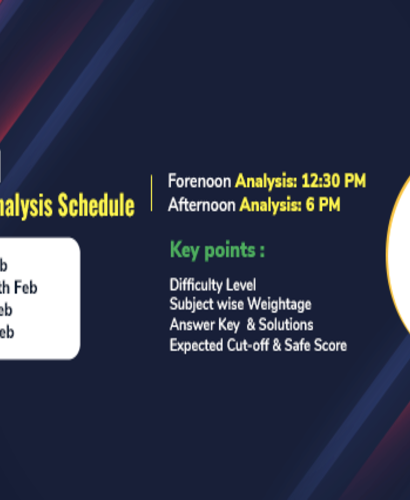It would be a lie if we say all was well before the pandemic. The pandemic hit economies hard, but before that technological disruptions (especially artificial intelligence) were decimating jobs in millions. Executives everywhere were grappling with issues triggered by climate, social, and political upheaval, with hardly any time to reflect upon themselves.
Now however is a good time for executives to assess if it’s a possibility that their job might get redundant and how they can improve their job outlook.
To do this, Jose Luis Alvarez, INSEAD Senior Affiliate Professor of Organizational Behavior, suggests executives should first consider at what stage executives are among the following three stages –
- The establishment stage
- The maintenance stage
- The withdrawal stage
Executives must have a plan or a strategy and be ready for implementation of the plan irrespective of the stage they are at.
Managing executive career irrespective of the age
No matter what your age is, the following strategies can help you change the trajectory in each stage of your career.
The establishment stage
If you’re in the age between 25 and 35, it’s a good period for experimentation. You have the flexibility to move in and out of any job you like with little repercussions. Alvarez, suggests, aspirants should aim to get a variety of experiences across different industries. This will help you acquire versatility. Taking entry-level professional credentials will help you acquire skills and lower barriers for entry for jobs in most industries, especially emerging ones like data science, blockchain, artificial intelligence, among others. However, don’t digress too much and end up being what recruiters call a ‘functional tourist’
As you enter your 30s, focus on one area of expertise and build a reputation of being good at it. Additionally, don’t switch too frequently and show your commitment to one organization. Spend anywhere between 3-5 years and deliver your expected results. At this stage, form a role model that you can look up to and stay away from office politics and conflict.
The maintenance stage
This stage covers between 35 -60 years of age. In this period, executives face the continuous threat of defeat and have one or two shots at becoming a senior manager. Challenges such as marital problems, old parents, and teenage children and drain the energy, with hardly any energy left to focus on.
Executives need to play smartly and find a role and organization that align easily with each other. You don’t want to be stuck in a good role with a bad organization or vice versa. At this stage, as new jobs come your way, whether you take the position or not will depend on the following four parameters:
- Networking potential
- Learning opportunities
- Visibility
- Strategic relevance or the impact on the bottom line of the organization.
The maintenance stage is also psychologically demanding as during this period executive can experience a mid-life crisis. As Sigmund Freud put it, love and work are the cornerstones of our humanness. Alvarez suggests, it is at the stage, executives can correct their career course, in case one needs to adjust their professional track. It’s better to change tracks at this stage or else executives are stuck wherever they are. One way for executives to do so is by earning professional credentials and build a repo in the industry.
The Withdrawal Stage
This is the stage when executives are in their mid-60s. This the time when executives think about the legacy they will leave behind. Naturally, job security is their lowest priority at this stage. Executives seek to become a mentor and take on a consultative role. Development psychologists call this “generativity”.
Conclusion
So no matter what stage you are in your career. As an executive, you can navigate them easily if you have a plan and work as mentioned above. While the above method is effective at all times. During a pandemic, this can provide a clear approach for executives to tackle career challenges.












